How Does Topical CBD Work?
“What does CBD stand for?” is no longer the big question.
Cannabidiol is more than just a trend in the wellness and healthcare market.
But why do people love CBD so much?
You can vape it. Or indulge in stress-free edible products.
Also, you may just as well bathe in it. Oh yes, CBD topicals are here to stay.
If you’ve wondered how topical CBD works, you’re in the right place to learn about the science.
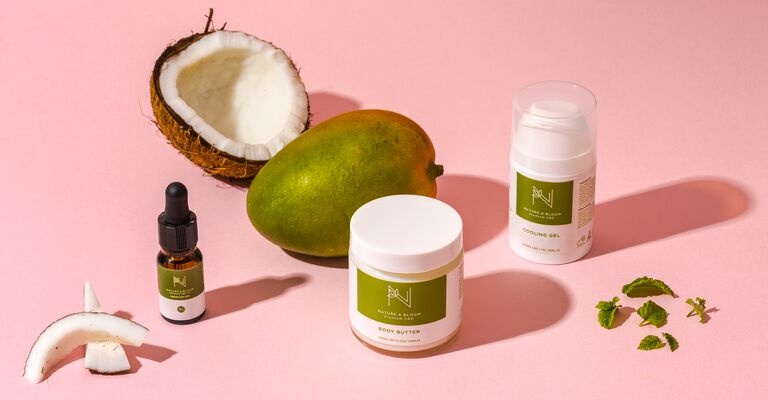
What Is Topical CBD?
CBD is one of many active compounds in the Cannabis sativa plant. Topical application is one route of many to deliver an active cannabinoid into your system.
Yup, cannabinoids can penetrate the epidermal skin layers and may directly activate skin cells.
Topical CBD products go beyond the better-known cannabis consumption methods.
Historical uses of topical CBD like inflammation, gout, arthritis, and other conditions have been written about since at least the 17th century. Cannabis’ medicinal uses actually date back for millennia.
Using a topical product targets the skin as an active neuroendocrine-immune organ.
Meanwhile, the CBD market value is growing along with the cannabinoid’s popularity.
Some examples of health and wellness topical products include:
- CBD creams
- CBD lotions
- CBD bath bombs
- CBD salve
- CBD oil
Heads Up
CBD oil, tinctures, and capsules can work great if you’re into creating your own topical CBD products.
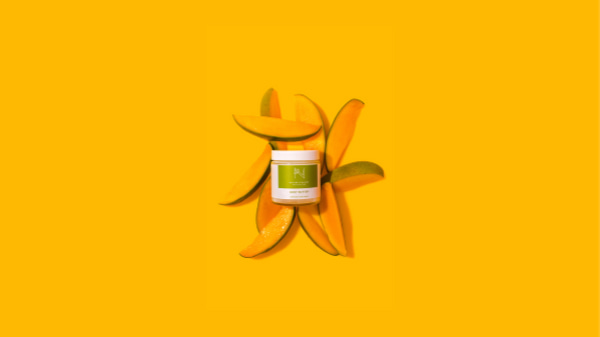
At A Glance: Quick FAQ
#1 – What’s the difference between a CBD lotion, CBD cream, and salves?
Different forms of topical products offer a wider variety of uses.
A salve is a combination of carrier oils with beeswax and herbs. Beeswax acts as a preservative, so there is no water in the formulations.
CBD creams and lotions have varying amounts of water content in their formula. They may also carry other additives you should be aware of before using.
#2 – Does the texture and consistency of the product influence how it works on the body?
The associated effects, e.g. pain relief, do not apparently range due to a product’s water content.
What matters is the QUALITY of the ingredients and the proper processes to manage the extraction and manufacturing process. Brands that manufacture Good Manufacturing Practices (GMP) certified products are the gold standard. This ensures you are getting a consistent and correct amount of cannabinoids without harmful impurities.
So, as you might be able to tell, not all lotions, creams, or CBD oils, in general, are created equal.
It’s NOT Weak (Weed) Tea: CBD Mini Glossary Mastery
Nowadays, there’s a myriad of CBD products available. Name it, and it’s probably available or in the pipeline. Yet they all fall into one of the following categories:
- Broad-spectrum CBD
- Full-spectrum CBD
- CBD Isolate
Full-spectrum CBD contains all of the cannabis plant’s active cannabinoids. This includes THC.
Broad-spectrum CBD contains most of the active cannabinoids. But usually, this doesn’t include THC.
CBD isolate products do not contain any other cannabinoids.
Which one is the best choice for you?
This is a strictly personal decision, but science suggests that plant work compounds often work best together (the entourage effect).
The effects of full-spectrum CBD vs. broad-spectrum CBD vs isolate relates to the entourage effect theory.
THC and CBD, along with other active compounds, are believed to work in synergy. You can picture them as “partners in crime.” Yet more research on the interactive effects is needed and ongoing.
Nonetheless, whatever you decide, the most important thing is to look for a Certificate of Analysis (COA). So you can rest assured you’re buying something which is correctly labeled and contaminant-free.
COAs indicate that the product has passed lab tests and is free of:
- residual solvents
- pesticides
- heavy metals
- molds
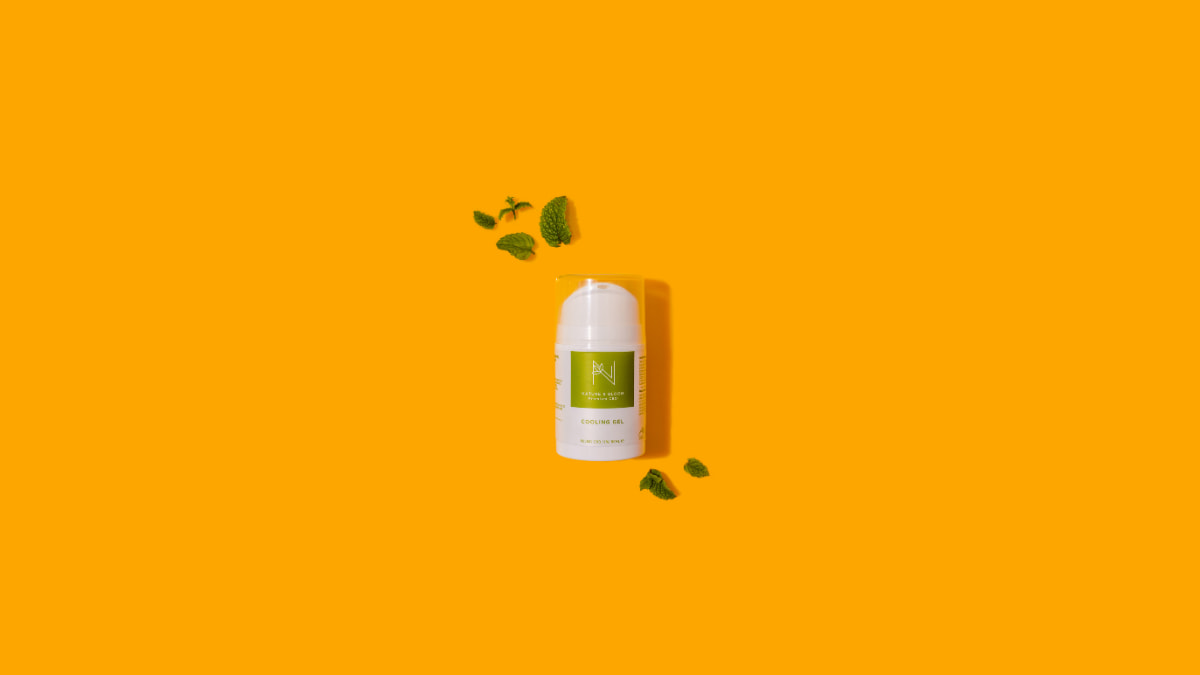
What Is The Right Dosage For CBD Topical Products?
The average potency of topical CBD products is not established, but anecdotally may fall between 3 and 8 mg per recommended application.
8 mg per recommended application could be considered a high potency product, but there isn’t yet any published data on tissue distribution of CBD in humans.
Important!
According to some of the research available, CBD may cause side effects and interact with other medications. This can lead to potential interactions with liver enzymes.
As a result, always consult your physician before using CBD oil or any other supplement, especially if you’re already prescribed medication. The long-term effects of cannabis and CBD are unknown, particularly for special populations.
How Does CBD Work In The Skin?
Like other cannabinoids, it works through the body’s endocannabinoid system (ECS).
CB1 and CB2 cannabinoid receptors are part of the endocannabinoid system, and both of these receptors are expressed in several different organ systems. And, yes, including the skin!
Cannabinoid receptors are found on cutaneous nerve fiber bundles, mast cells, and epidermal keratinocytes which may explain the anti-inflammatory and pain-reducing effects of cannabinoids. CBD may also activate other cellular cascades that contribute to these effects.
A 2019 study highlights that the body’s endocannabinoid system is
“an important, multifaceted homeostatic regulator.”
Homeostasis refers to the regulation of a stable internal environment.
Moreover, the study reveals an innovative approach to cannabinoid signaling.
According to the researchers, cannabinoid signaling is
“…deeply involved in the maintenance of skin homeostasis, barrier formation, and regeneration…”
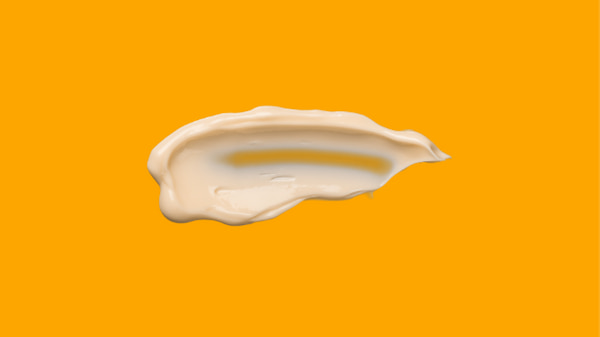
The Potential Benefits Of Transdermal CBD Products
The truth is, research on the cannabis plant has been roadblocked for too long. The biggest obstacle? The classification of marijuana as a schedule 1 drug.
Yet, the barriers and stigma are slowly but surely fading.
Hail the rise of the new age of cannabis research!
Ultimately, it’s not just associated with learning about how topical CBD works. It’s about understanding the multiple possible gains we can harness through nature’s gift.
Below we summarize some of the research available:
Body Pain And Inflammation
Many topical drugs lead to unwanted side effects.
A 2016 study examined topical CBD application as a means for sustainable arthritis inflammation and pain treatment.
The study involved rats treated with CBD gel for 4 consecutive days.
Researchers conclude that topical CBD provided the relief of arthritic pain and inflammation without noticeable side effects.
In another study, experts summarize that CBD has “a better side effect profile” than other drugs.
“The Father of cannabis research” Dr. Ralph Mechaulam headed another study back in 2004.
The focus was on understanding the potential anti-inflammatory benefits of transdermal CBD applications.
In this piece of research, mice were treated with transdermal CBD for 72 hours. The end result? The article concluded that “the potential of transdermal CBD to be used as an anti-inflammatory treatment.”
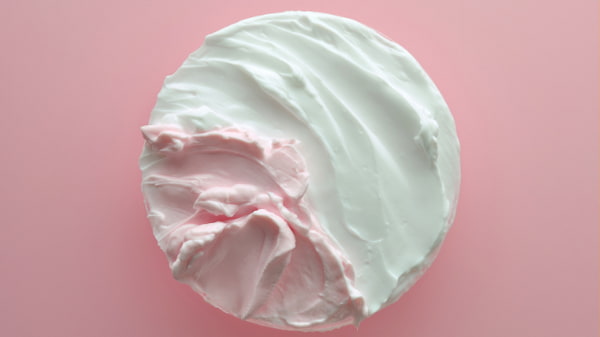
Acne, Eczema, And Psoriasis
According to the American Academy of Dermatology, CBD topicals may alleviate the conditions above “by reducing inflammation associated with these diseases.”
This aligns with a small 20 person study conducted in 2019, which found topical CBD (absent of any THC) improved atopic dermatitis and psoriasis symptoms.
Note that the source, correct dosage, and quality of the CBD topical products determine the potential treatment’s effectiveness. Such have yet to be formally established or recommended.
Muscle Tension And Soreness
Not many of us know pain and discomfort better than athletes or those of us addicted to working out.
While there isn’t a broad set of studies assessing the use of a topical CBD product in humans, early human-based research indicates that oral CBD could support such an active lifestyle.
Nonetheless, anecdotal reports suggest that quality topical CBD can offer reliable relief for general muscle tension and tightness.
What about chronic pain?
According to Dr. Stuart Titus, CEO of Medical Marijuana Inc., a combination of topical and oral CBD can be “especially beneficial”.
The Reality Of Truth: Do We Really Know How CBD Works?
The studies on topical CBD are still scarce and small-scale. At least up-to-date.
Also, most of these studies involve animal models. This means the results may not translate to the human body.
All in all, there are many unknowns.
But anecdotal evidence keeps growing. Nonetheless, human trials are now recruiting participants!
The revolutionary clinical trials focus on:
- Psoriatic Arthritis and Hand Osteoarthritis
- Joint Arthritis
Summary
At this point, there is no sufficient information about the long-term effects of topical CBD or cannabis on the body.
We know that we have an entire system in the body that features receptors that interact with the active cannabinoids.
Users reports also keep growing. Most people report a range of health benefits, from mild discomfort and pain relief through chronic pain management.
A cream infused with the ancient wisdom of Mother Nature to offer the body healing and delight? We are looking forward to the new discoveries and insights!

